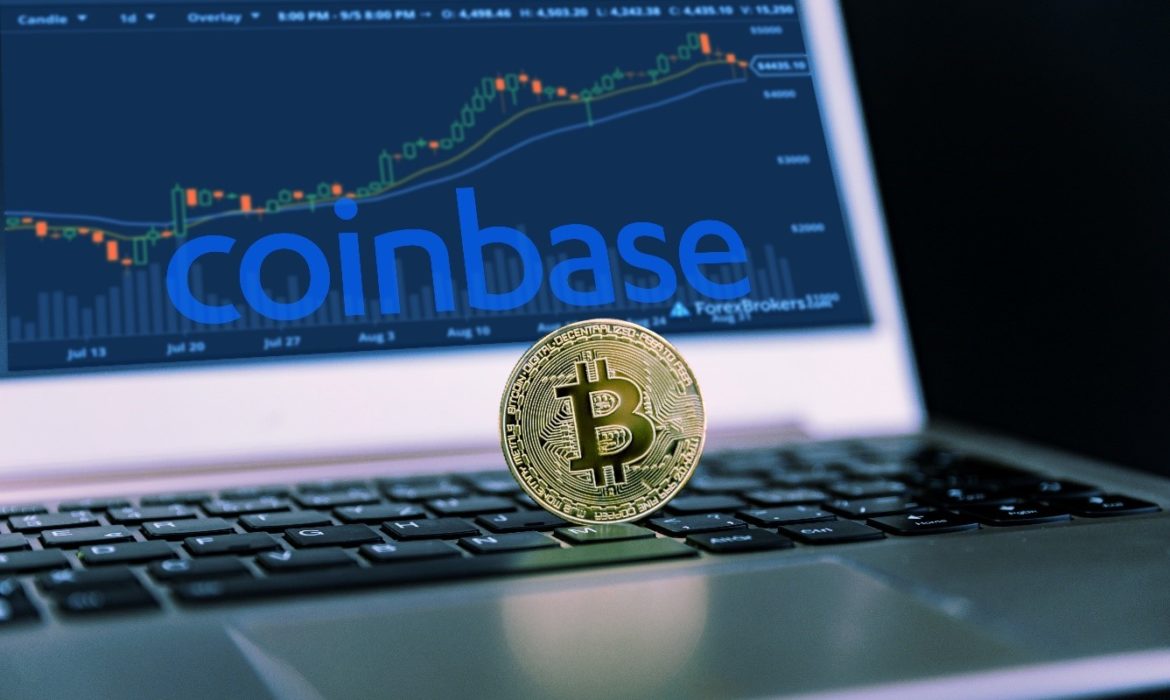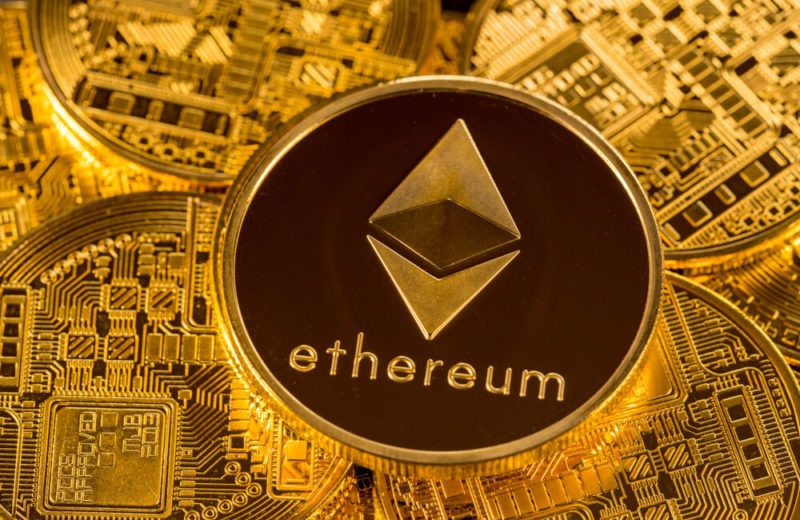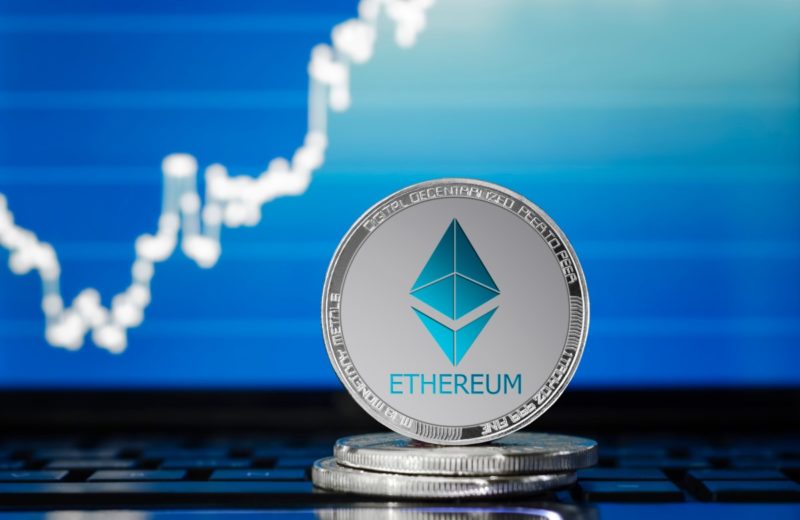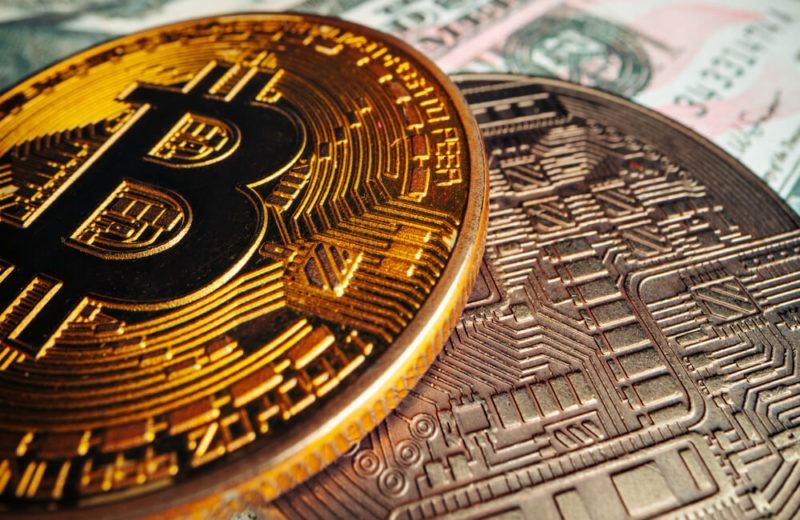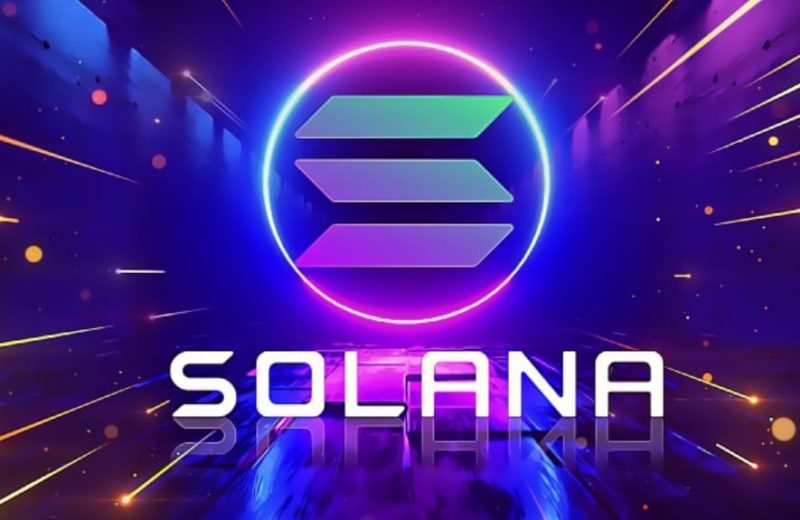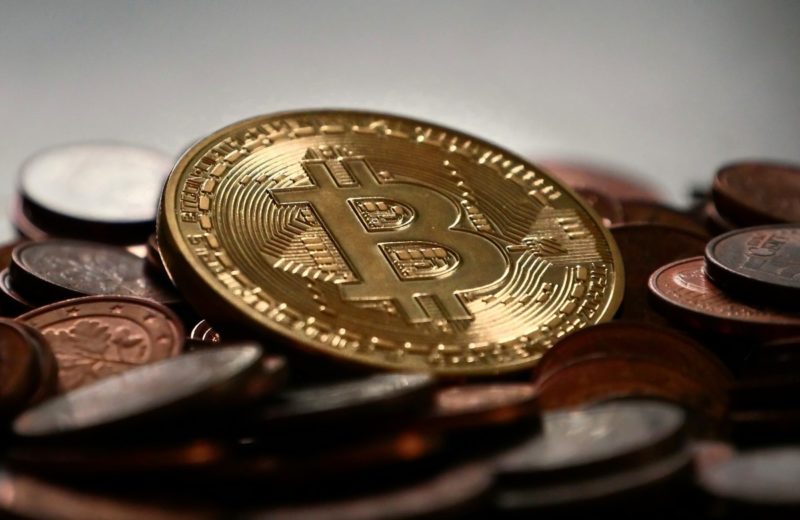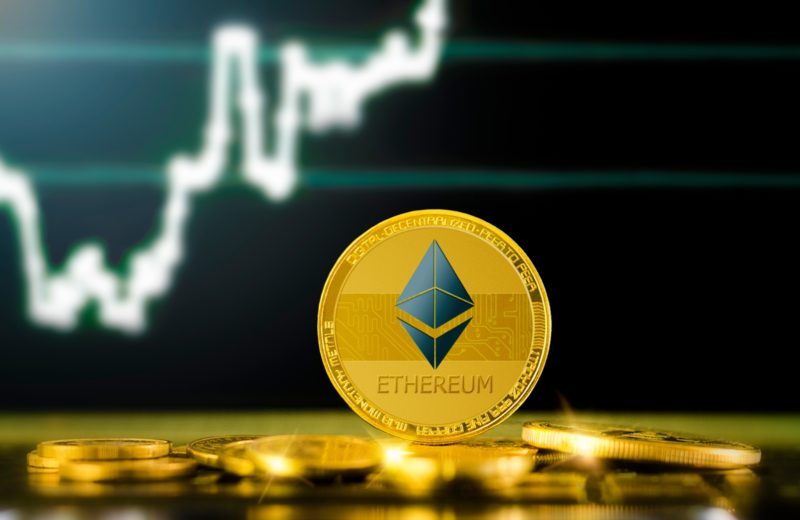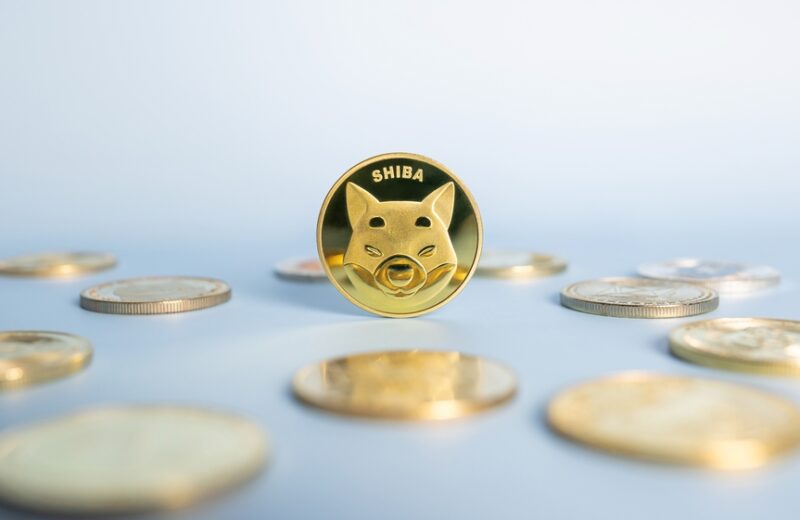The SEC has been pushing to classify 12 popular crypto bearish market currencies, including XRP, as securities. Such categorization would subject them to SEC oversight and potentially classify U.S. crypto exchanges as unregistered securities brokers.
The U.S. District Judge Analisa Torres made a clear distinction between sales to institutional investors and sales to retail buyers. While XRP does not qualify as a security for individual investors, it does qualify as one when investment funds and other financial institutions are involved. Judge Torres based her decision on the Howey Test, a legal standard used to determine whether a transaction qualifies as an “investment contract” and, therefore, as a security.
XRP Token Determined Not a Security for Retail Investors
The judge’s ruling was based on the premise that institutional investors possess more knowledge about XRP’s pricing compared to retail investors. Judge Torres emphasized that institutional buyers would have been aware of Ripple’s marketing campaign and public statements connecting XRP’s price to its own efforts.
This ruling has been seen as a positive development by crypto investors, resulting in a significant surge in the price of XRP, which rose over 65% following the announcement.
Judge’s Distinction Between Institutional and Retail Sales of XRP
Jason Gottlieb, chair of regulatory enforcement and digital assets at Morrison Cohen, described the ruling as better than what the crypto industry had anticipated. He noted that exchanges like Coinbase are among the winners in this decision. While Ripple may have lost the argument that its initial offerings to institutions were not securities, it is a favourable outcome for the company that a substantial portion of its token sales was not classified as such.
Impact on Exchanges and Ripple’s Victory in Token Sales Classification
The SEC initially charged Ripple and two of its executives over two years ago, alleging that they conducted an unregistered securities offering through the sale of XRP tokens. In the ruling, Judge Torres cited the SEC’s claims that Ripple sold tokens valued at $728 million to institutional investors, $758 million to the general public, and $609 million to its own employees and individuals in exchange for services. The SEC further alleged that Ripple executives Bradley Garlinghouse and Christian Larsen made $450 million from sales of their personal stakes in XRP between 2013 and 2020.
Ripple CEO’s Response and SEC’s Approval of Part of the Ruling
Following the ruling, Ripple CEO Bradley Garlinghouse expressed gratitude, stating that the decision is a win for crypto innovation in the United States. The SEC issued a statement applauding the portion of the ruling that pertains to institutional sales of XRP.
Coinbase, a prominent crypto bearish market exchange, promptly resumed trading of XRP after the ruling. Coinbase itself is facing a lawsuit from the SEC, which accuses the company of operating as an unregistered securities exchange, broker, and clearing agency since 2019.


